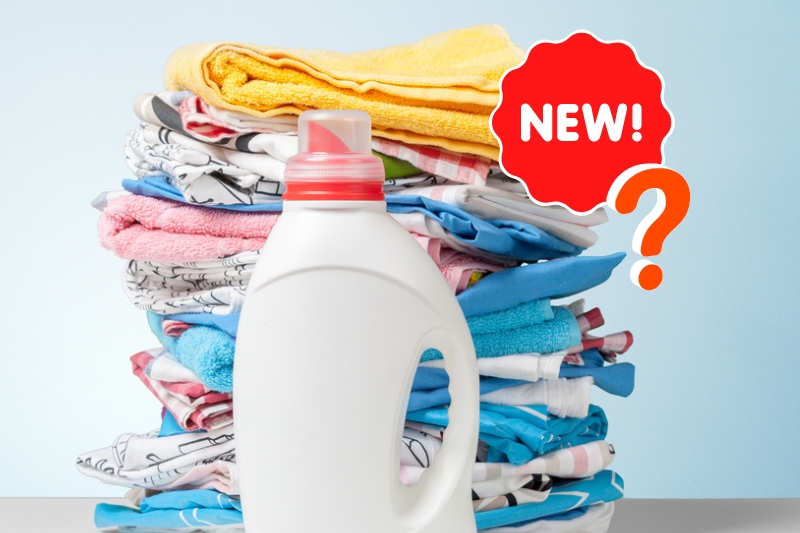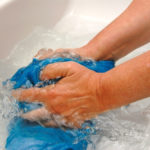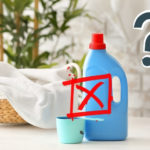There’s no better feeling than returning home with a couple of bargains. Obviously, the first thing you want to do is give everyone a fashion show!
And why not – you’ve got a great deal on some brand-new tops, and you want to show them off. But is this a wise idea?
Should you actually wash your new clothes before wearing them for the first time?
There’s a bit of a debate on this issue, mainly because some people don’t care about wearing their new clothes straight out of the carrier, while other people wouldn’t dream of wearing a new outfit without washing it first.
Of course, when it comes down to it, personal preference plays a significant role in the decision-making process.
However, there are definite advantages to washing your brand-new clothes before you actually pop them on.
Namely, your clothes won’t be riddled with other people’s germs, including potential faecal germs (!), your items won’t be laden with chemicals from the manufacturing process, and you won’t get dye all over yourself!
Even experts, including dermatology professors, say that you need to clean your clothes before wearing them out and about!
It sounds like a no-brainer to me: clean your new clothes before you wear them.
Learn more about this below.
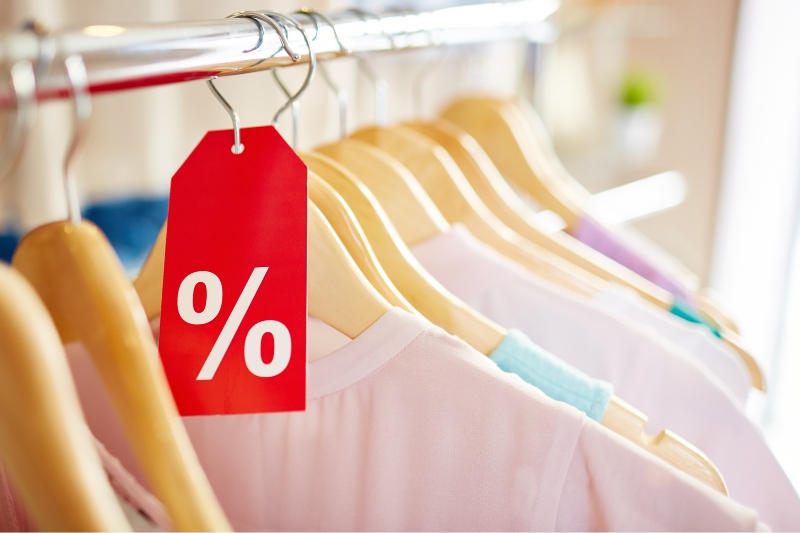
Why Should You Wash New Clothes Before Wearing Them?
Below you’ll find several reasons explaining why it’s an excellent idea to clean your new outfits before you wear them.
1. More hygienic
The most obvious reason why you should clean your new clothes before you wear them is to remove any germs.
When you pick up a new top or a pair of jeans in a shop, or get them delivered to you from an online store, you literally have no idea who’s touched, coughed/sneezed over, tried your outfit on, or under what conditions the person kept the item. The garment(s) could be riddled with all manners of invisible bacteria!
Think about how many times you’ve picked up a dress or t-shirt that’s had visible dirt from someone else on it. A collar full of makeup, fake tan stains, or hair!
Yucky, and to think, this is the grime you can actually see!
And the worry doesn’t end there. You also don’t know if the person who wore your item before you had any skin conditions or what germs they might’ve left on the article, including faecal traces.
These bacteria, in turn, could irritate your skin, and you might have to seek medical treatment.
With so many different kinds of bacteria potentially all over your outfit, it would be silly not to wash your new item(s) before wearing it.
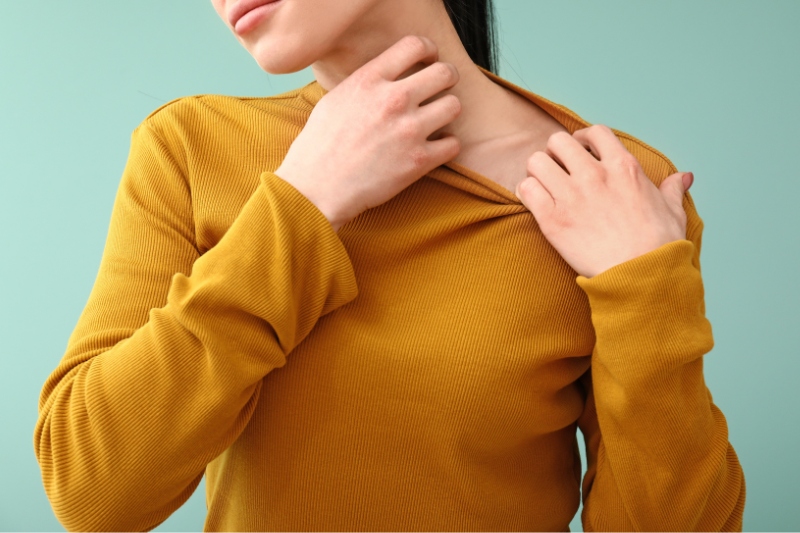
2. Removes skin-irritating chemical coatings
Lots of chemicals are put onto clothes during the manufacturing process, and by cleaning your new clothes, you can remove these chemicals from the material and prevent potential skin irritation.
Many items we wear have been coated with some sort of chemical(s) during the production phase to enhance their appearance, durability, and overall quality.
These chemicals include bleaching agents, dyes, fabric softeners, anti-wrinkle treatments, and water-resistant coatings.
Plus, some clothes are coated in a formaldehyde resin before they’re shipped around the world, and this helps to stop mildew from growing on the items.
These chemicals do serve a purpose, but if they’re not cleaned off clothes effectively, they can give rise to textile-based contact dermatitis. If you have this, your skin becomes irritated, red and sore. And the condition typically affects the sweatier regions of your body.
Naturally, you don’t want to coat yourself with chemicals, so it would be better to wash the potential irritants off your outfit, and then wear it out.
It’s worth keeping in mind that you’re also not told what chemicals are used on your clothes most of the time. So, this again reinforces the need to clean the chemicals off before wearing the item(s).
3. Stops dye transfer
It’s also good practice to wash your clothes before you wear them to stop the dye from transferring onto you or other garments you’re wearing at the time.
We’ve all been there when we’ve stuck a new pair of jeans on, only to realise a little while later that our hands have turned blue! Washing the new jeans would prevent or at least limit this effect for you!
Synthetic clothes are often the culprits when it comes to transferring dyes. So, be sure to clean these items before you wear them.
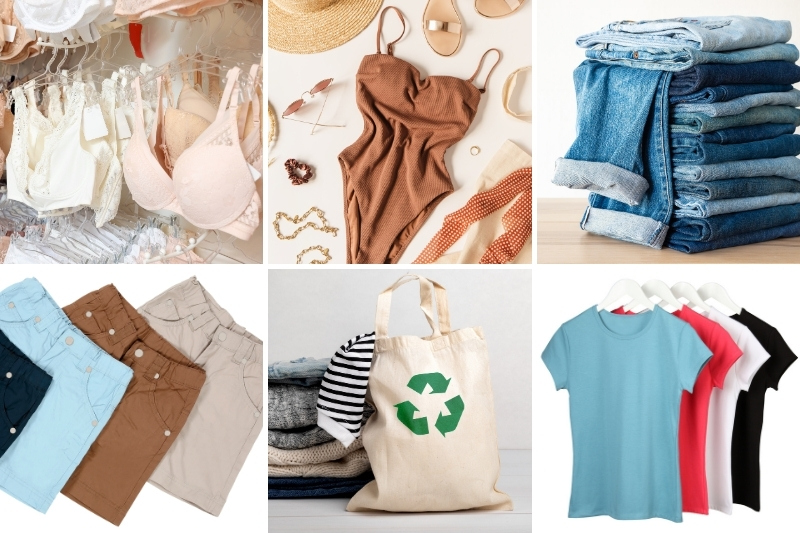
4. Certain new clothes must be washed before they’re worn
All clothes should be washed before they’re worn for the first time. But, of course, there are certain items that are definitely not up for debate. These include:
- Underwear!
- Swimming costumes.
- Jeans.
- Shorts.
- T-shirts.
- Vintage or second-hand pieces.
It’s imperative to clean the items above because they come into direct contact with your person, and some garments noted come into contact with more delicate regions of the body. And you definitely don’t want to be transferring someone else’s germs to these areas!
Similarly, some of the items above lose dye very quickly, and washing said items would stop the dye in question from transferring onto your body as you wear and sweat in the garment.
In addition, older garments should be cleaned because you don’t know who they belonged to or what issues they might’ve had.
There may be a lot of bacteria on second-hand items, and you don’t want to get that on yourself.
Note: You might not be able to return clothes if you’ve washed them! Generally, shops don’t like taking clothes back when they’ve been de-tagged or obviously cleaned. Factor this little point in and try to make sure that you buy the correct size item because you might not get your money back! But the benefits probably outweigh the costs on this one, don’t you think?
Should You Clean Second-Hand Clothes Before Wearing Them?
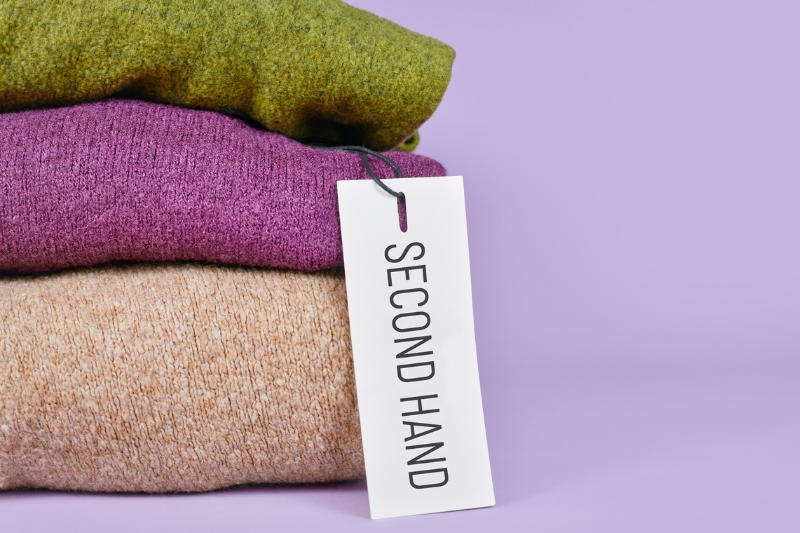
Yes, you absolutely need to clean second-hand clothes before you wear them!
You have no idea who’s worn the clothes, where the garments have been, how old they are, or what the items have come into contact with! The outfit could be teaming with microorganisms!
If you don’t clean pre-loved, old, vintage, hand-me-down clothes (call them what you will!), you could catch a nasty skin infection, and you might end up rubbing all kinds of bodily fluids, and smells onto your own skin because you don’t know for sure what germs are on the fabric.
Is it really worth the risk? Not really. All you need to do to avoid all of the above is clean your item as per the instructions on the care tag. You could save yourself a lot of hassle.
Should Baby Clothes Be Washed Before Being Worn?
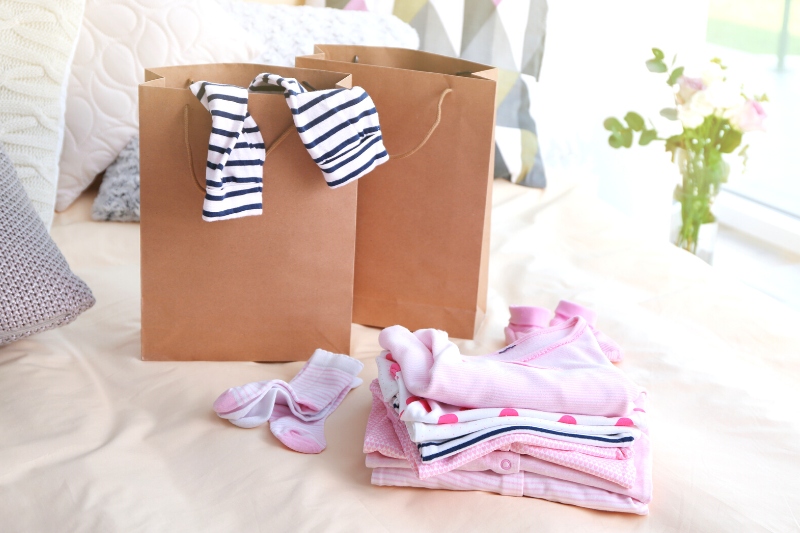
Yes, you need to wash new baby clothes, and you also need to wash second-hand baby clothes! All of the points above apply to baby clothes. And you definitely wouldn’t want to subject an infant to any of the worrying factors listed above.
Clean the clothes following the instructions on the care label.
Should Clothes Bought Online Be Washed Before Being Worn?
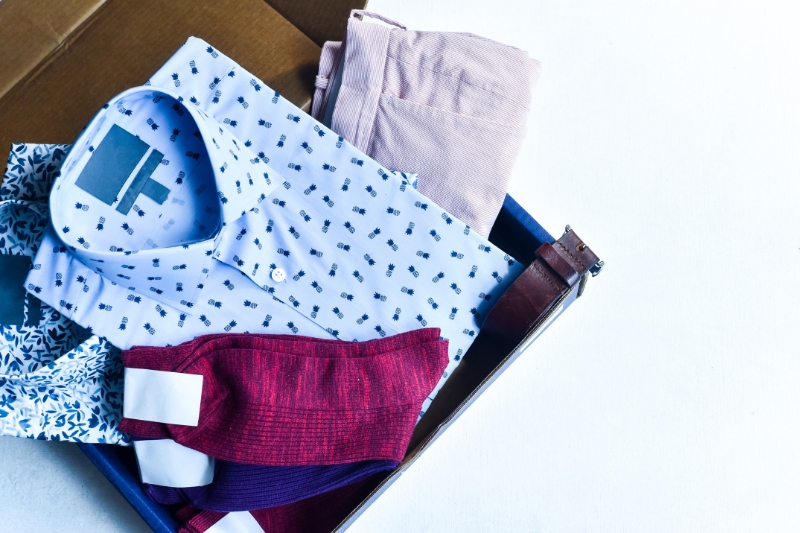
Yes, all of the points above apply to clothes that are bought online. They, therefore, need to be washed before they are worn.
As mentioned above, you have no idea who’s tried your outfit on and sent it back and what germs are on the material. In addition to this, clothes bought online can be coated in anti-mildew treatments to stop them from going mildewy on their travels.
Skipping the washing phase isn’t worth the risk. So just clean the items to make them safe and hygienic, and then wear your outfits!
How Do You Wash New Clothes for the First Time?
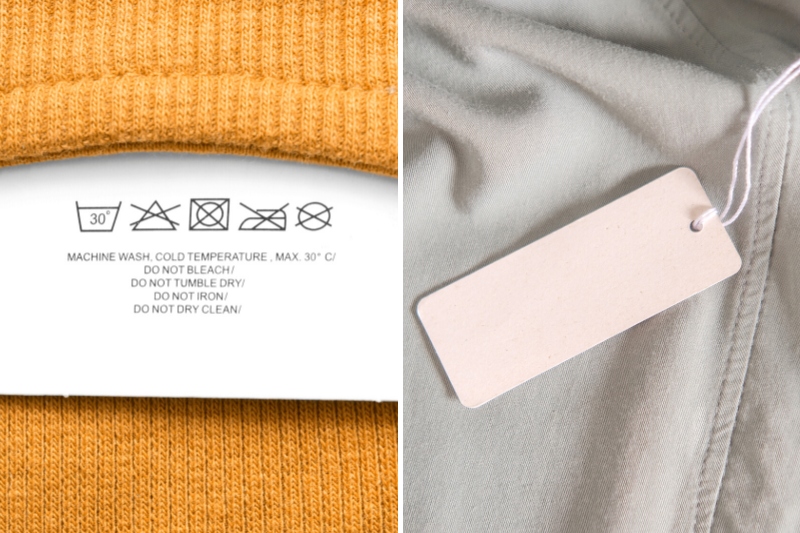
To wash brand-new clothes for the first time, follow the advice below:
- Read the care label on the item and adhere to the advice on the tag. Pick a suitable water temperature, cycle, and spin speed. Cold to lukewarm water is usually best. Some people clean new clothes in a washer and on a hot cycle for half an hour, but this is not strictly necessary. And in some cases, doing this can damage the material if the water temperature is too hot for it.
- Wash similar colours together.
- Turn items inside out to protect their colour.
- Remove any loose bits, like tags and stickers.
- Some new items will state that they have to be washed alone. If this is the case for your item, stick to this advice.
- If the care label states that the item is ‘hand wash only’, adhere to this advice and only clean your garment by hand.
- If the care label states that the item is ‘dry clean only’, adhere to this advice.

Bethan has a passion for exploring, reading, cooking and gardening! When she’s not creating culinary delights for her family, she’s concocting potions to keep her house clean!
